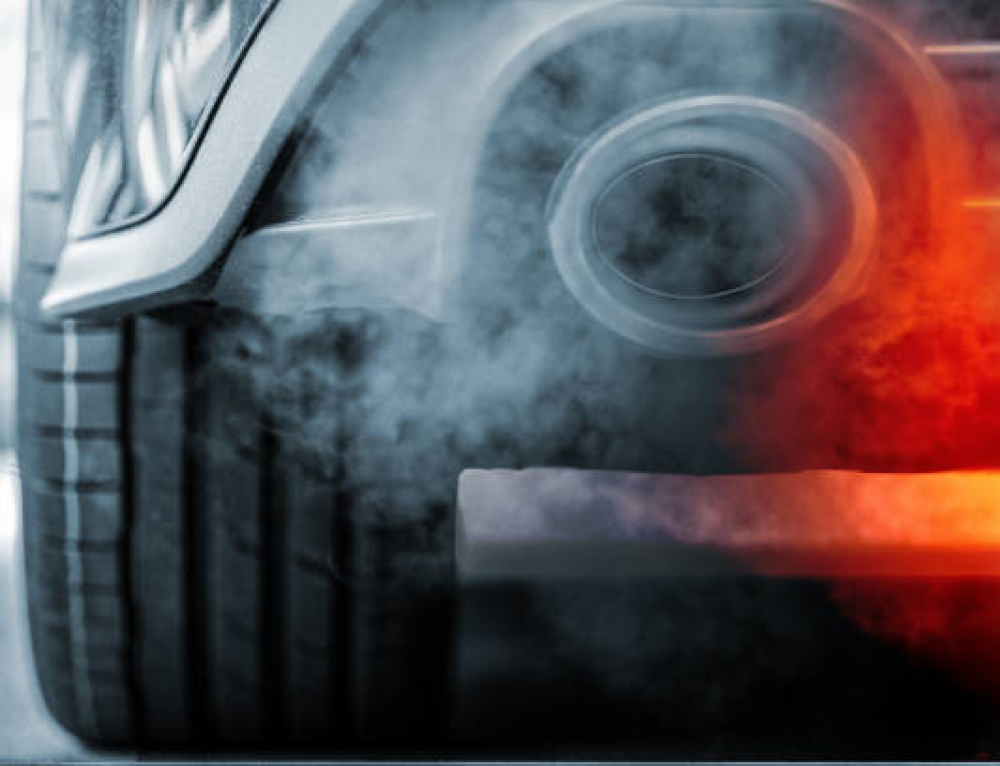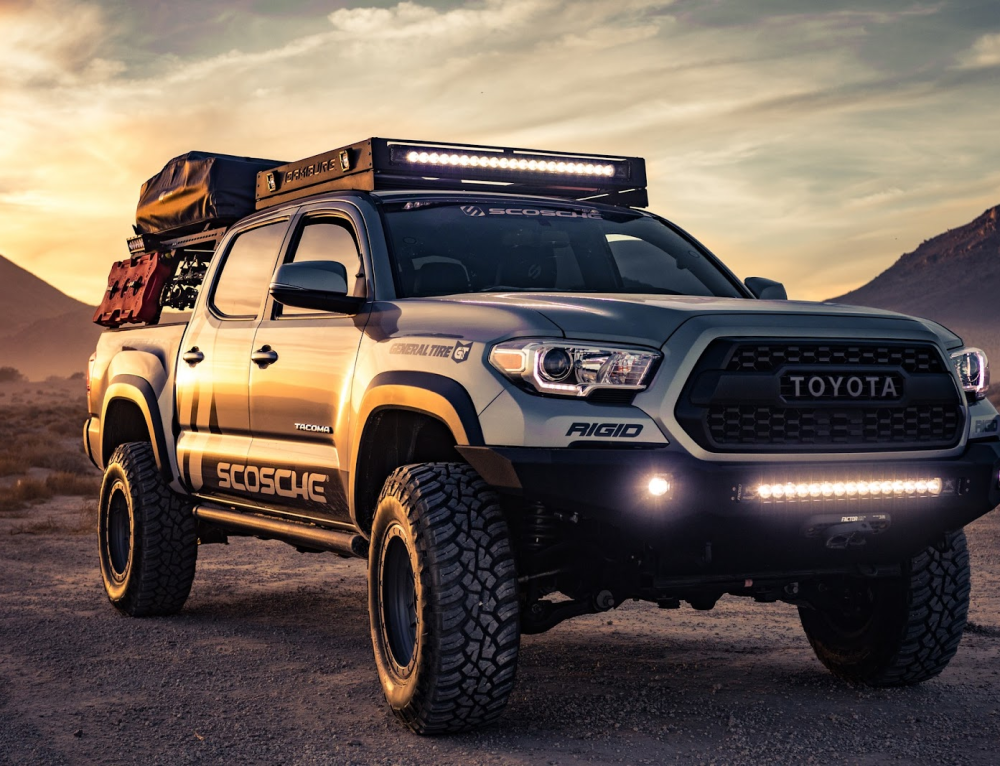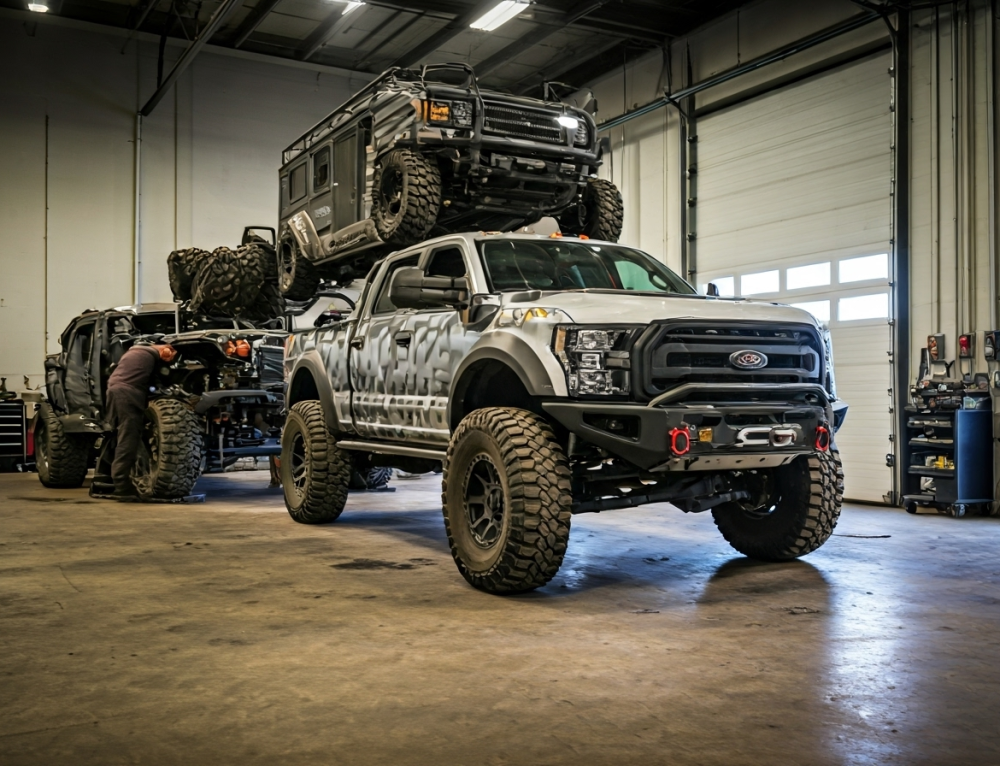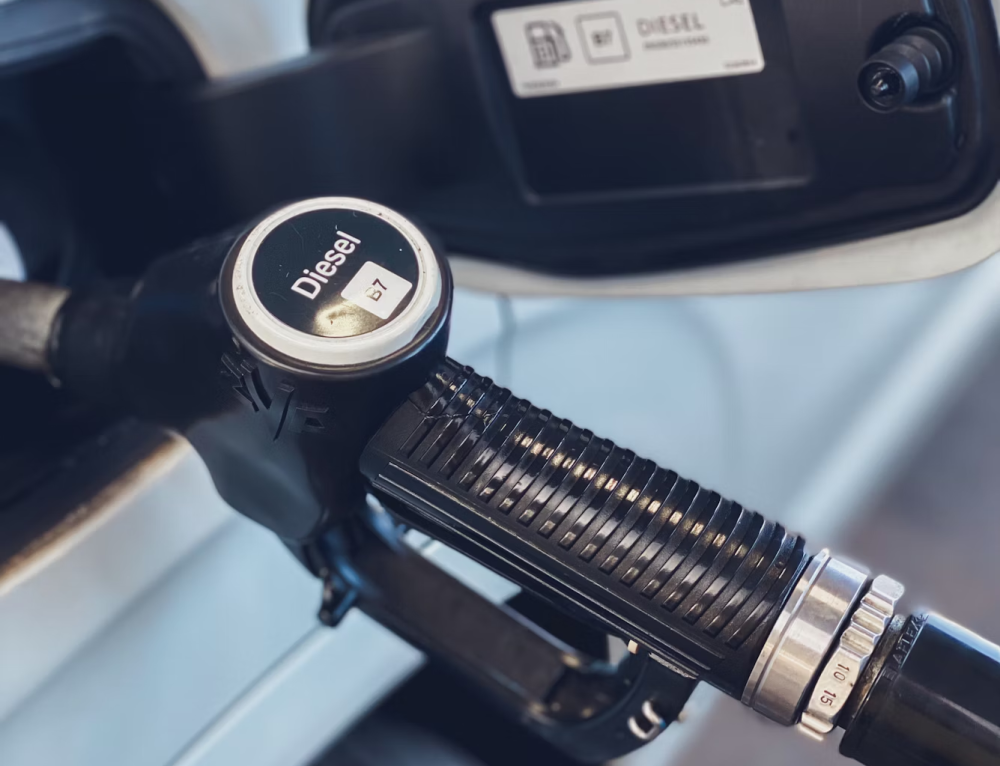Key Highlights
- You can’t convert your diesel truck to run on biodiesel without knowing the basics about biodiesel. It’ll help you understand why some modifications are necessary for success.
- Biodiesel is a renewable resource, and compared to diesel, it produces far lower emissions and actually performs better.
- You need to verify that your diesel vehicle can handle biodiesel before you begin. After that, you’ll need to adjust the fuel system and compression ratio to convert your diesel truck to run on biodiesel, so you can enjoy the performance boost and greater efficiency biodiesel offers.
- Converting to biodiesel is an eco-friendly, efficient way to extend your vehicle’s fuel mileage.
_______________________________________
Diesel trucks are popular now, but they also need to be part of the future—a future with biodiesel and electric vehicles. If you’re looking to convert your diesel truck to run on biodiesel, you’ll need to make smart choices about your diesel engine to be a part of this sustainable future. Learning about biodiesel and its benefits will help you transition smoothly. So keep reading to learn how to prepare your diesel truck for this change.
What You Need to Know to Convert to Biodiesel
Biodiesel is made from vegetable oils or animal fats, which as you likely know, are natural sources, and this happens through a process called transesterification. Simply put, it is a chemical process that transforms vegetable oils or animal fats into a fuel that can be used in diesel engines. In its finished form, biodiesel emits much fewer harmful particles and pollutants when burned. That’s unlike diesel, which produces three times more emissions per gallon.
Now, making the switch from diesel to biodiesel takes more than just driving into a different gas station from your usual. If you simply fill your tank with biodiesel instead of normal diesel, you’ll create more problems than you were trying to solve. To successfully convert your diesel truck to run on biodiesel, you need to make some modifications to your diesel truck first.
How Do You Prep for the Conversion?
Before you make any changes, assess your diesel truck and see if it can use biodiesel. What about the required changes, like upgrading the fuel system and changing the compression ratios? Is it better? Also, check if your truck can swap diesel for biodiesel without any problems with the fuel tray and other parts like injection. To convert your diesel truck to run on biodiesel, you have to check everything well. Make sure you plan the changes so it is more efficient and helps the environment. Pay attention to what needs to be important in the switch.
Is your Vehicle Compatible with Biodiesel?
A little research before you start changing your diesel truck to run on biodiesel will probably reveal whether you can go ahead or not. You need to see how your diesel engine is going to respond to biodiesel, especially if you want to convert your diesel truck to run on biodiesel. That’s important because biodiesel has some different properties that can, in certain circumstances, clog fuel systems. You also need to consider how old your truck is and how it looks. To stop old leaks, you may need to update a little—new fuel lines or seals on some older units.
Necessary Modifications for Biodiesel Use
To get the best performance for your engine when changing from diesel to biodiesel in your diesel truck, some changes have to be made. If you decide to convert your diesel truck to run on biodiesel, upgrade the fuel systems and consider adjusting the compression ratio for better compatibility with biodiesel. With biodiesel, sometimes you may have to go lower than the normal compression ratio. You may also need to change the spark plugs and fuel pumps for better ignition and fuel delivery to your engine. Don’t forget to make these changes to your diesel truck before you begin using biodiesel.
Myths About Biodiesel
Switching to biodiesel might seem like a big step, and like with anything new, there are bound to be questions and maybe even a few misconceptions floating around. If you’re considering this transition, you might even wonder how to convert your diesel truck to run on biodiesel. Let’s clear the air and tackle some of the common concerns head-on:
Warranty Worries? Know the Facts.
One of the biggest questions we hear is, “Will biodiesel void my warranty?” That’s a valid concern, and the answer is… it depends. Many manufacturers are totally on board with biodiesel blends, especially those up to B20 (a mix of 20% biodiesel and 80% regular diesel). In fact, some warranties even require you to use biodiesel blends to maintain engine health. That’s how much better biodiesel is.
If you’re considering an upgrade, like converting your diesel truck to run on biodiesel, it’s important to know how it will affect your warranty. To be absolutely sure, check your owner’s manual or contact your manufacturer directly. They can give you the specifics on what biodiesel blends are acceptable and any maintenance adjustments you might need to make. Being informed is the best way to protect your warranty and enjoy the benefits of biodiesel without worry.
Finding Biodiesel is Easier Than You Think!
Worried about where to fill up with biodiesel? No problem! Biodiesel is becoming increasingly available, and you might be surprised at how easy it is to find. Many regular gas stations now offer biodiesel blends, and you can often find them at truck stops and fuel distributors too.
If you’re looking to take things a step further, why not convert your diesel truck to run on biodiesel? It’s a great way to make your vehicle more eco-friendly and reduce your carbon footprint. Want to explore other options? Online suppliers can deliver biodiesel right to your door, and if you’re feeling really adventurous, you can even learn to produce your own biodiesel at home! Truly, you can find anything on the internet these days.
_______________________________________
By changing your diesel truck to use biodiesel, you can cut down on emissions. If you choose to convert your diesel truck to run on biodiesel, it also helps create a better future. Choosing this eco-friendly option is good for the environment and keeps your engine running longer.
If you followed all we mentioned in this article, you’d have realized, five paragraphs in, that this is something only professionals can handle. If you’re looking to convert your diesel truck to run on biodiesel, make the switch today with the help of Phoenix Diesel Repair in, you guessed it, Phoenix. Start your journey with biodiesel now and drive toward a greener future.
Frequently Asked Questions
How do I convert my diesel truck to run on biodiesel?
To convert your diesel truck to run on biodiesel, you’ll need to assess your truck’s compatibility with biodiesel and make necessary modifications, such as upgrading the fuel system and adjusting the compression ratio. It’s crucial to ensure that your vehicle can handle biodiesel to avoid damage to your engine.
What modifications are required to convert your diesel truck to run on biodiesel?
To convert your diesel truck to run on biodiesel, you’ll need to upgrade certain components like the fuel lines, fuel pumps, and seals. Some vehicles also require a change in the compression ratio and spark plugs for better performance and fuel delivery with biodiesel.
Is it safe to convert your diesel truck to run on biodiesel?
Yes, it is safe to convert your diesel truck to run on biodiesel, as long as you make the appropriate modifications. Biodiesel is a renewable fuel that burns cleaner than regular diesel, but it requires the right adjustments to ensure that your engine performs optimally.
Can I convert my diesel truck to run on biodiesel myself?
While it’s possible to convert your diesel truck to run on biodiesel yourself, it’s recommended to consult a professional. The process involves technical changes to the fuel system and engine components that require expertise to avoid damage and ensure proper functioning.
Will converting my diesel truck to run on biodiesel void my warranty?
Converting your diesel truck to run on biodiesel typically won’t void your warranty, especially if you stick to biodiesel blends like B20 (20% biodiesel). However, it’s best to check with your manufacturer and review your vehicle’s warranty terms to ensure compatibility with biodiesel.





